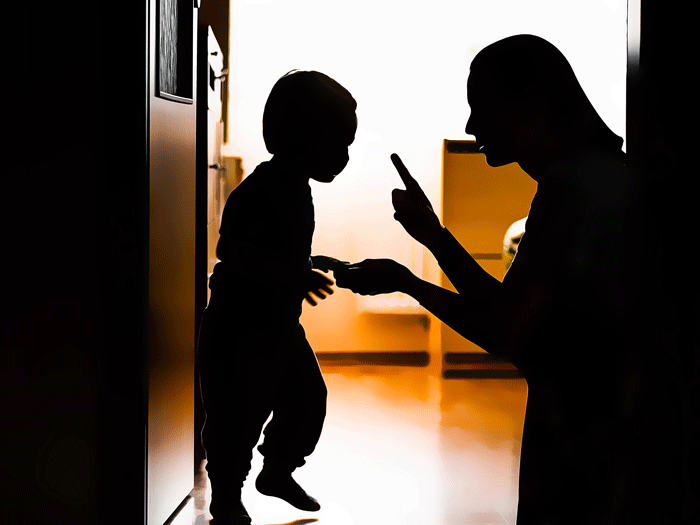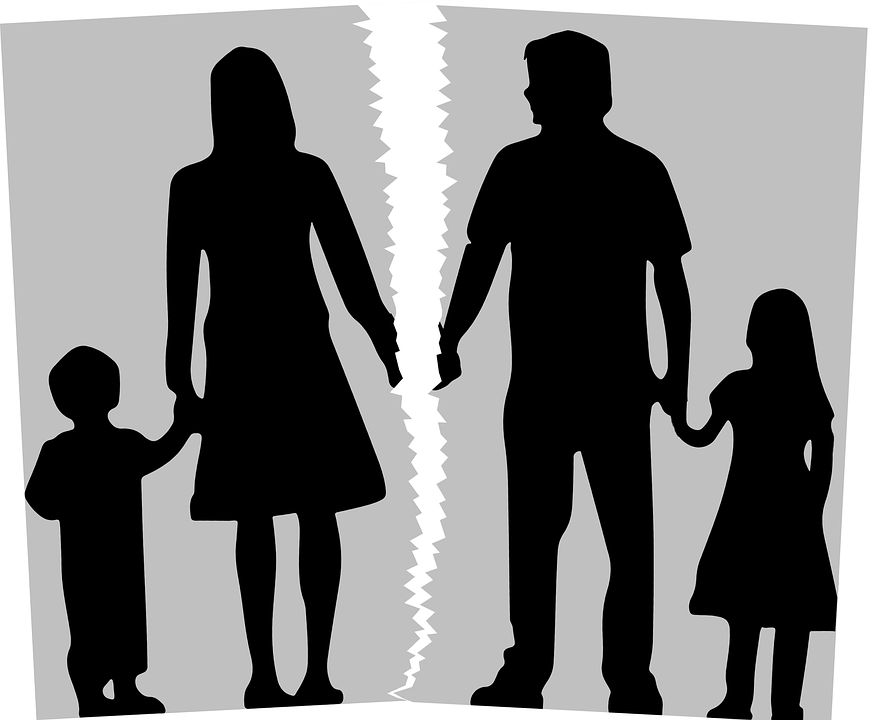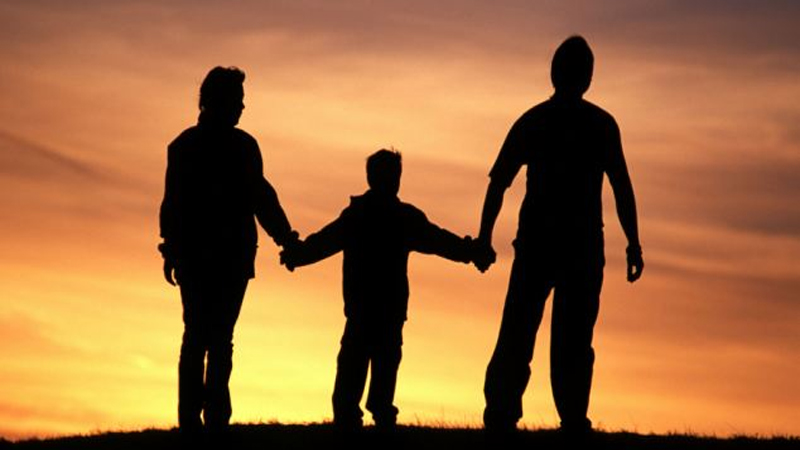By Rania Tsoli,
From the very first seconds of our lives, countless moments filled with feelings and experiences make up our present as we know it. Whether they are small and fleeting or big and vast, most of these moments have an impact on us, even during the tender months of infancy. In typical cases, a good part of someone’s childhood memories revolves around the parental figures, whether that is their parents or another grown-up that looks after them. Usually, experiences that involve parents gradually decrease as we get older, but all of them combined are more than enough to leave us with various habits and ideas; some of our personality traits could have turned out differently, if it were not for our “grown-ups”.
One of the main things that we pick up from our parental figures from an early age is their ways of talking with others and expressing their thoughts and feelings to them. In fact, the way we see and experience our parents can be a factor of great importance, when it comes to our own relationships, throughout childhood and our teenage years, up to our adult life and the present day. Does this mean that the more we grow up, the more we start acting, thinking, and loving the way our parents unknowingly taught us to? Do we have the choice of picking up the habits that suit us from them and leaving those that do not strike us as worth mimicking for them to keep?
One of the first things that we learn from our parents is how to showcase our affection to other people in our lives, no matter the nature of our relationship with them. Our parents’ relationship is the first and most influential example of how to interact and communicate with someone — mainly in romantic relationships or particularly close relationships of any kind. We learn how to share our love and feelings from our parental figures first, and because of our very few years of experience when we are still children, we might accept anything we see them do for the “right” way of doing things, even if it is not.
If you were exposed to the exchange of meaningful words and plenty of hugs and kisses on a daily basis when you were young, you might be a very expressive and freely affectionate adult. Similarly, if your “grown-ups” did not embrace each other often or did not really share their feelings out loud, you might show a certain aversion to similar actions as an adult. Furthermore, the absence of a parent can have a comparable effect on a person, since there is a certain lack of affection between partners for the child to witness while growing up.

Looking at the matter from a slightly different point of view, a child is also easily affected by the way conflict and anger are managed in the household. The way someone might handle confrontation ranges from avoiding it to making it worse by being anything but calm. Someone might tend to calmly make a complaint and peacefully take constructive criticism in return, in order to make things better. Others might almost always angrily shout out their problems with no regard for their partner’s or friend’s feelings. A more passive-aggressive person might prefer to avoid talking about the cause of their distress.
All of the mentioned tactics are frequently parallel to how the parental figures from one’s childhood handled disagreements and negativity – things that are only natural to occur from time to time, even in the happiest and healthiest of relationships. The way an adult reacts to conflict often reflects the things they experienced when they were little; how their parents communicated with each other, as well as with their children.
In relationships, some ends just do not seem to meet; for better or for worse, divorces are nowadays fairly common, and to say that a child can sometimes be affected by their parents splitting up would be an understatement. After witnessing the first example of love and partnership in their lives, which ceases to exist, and their parents going their separate ways, a child might start having less trust in people and the feelings they claim to have.
The fear of doomed relationships that are never bound to last and marriage being nothing but a big mistake might make its way in someone’s head; and growing up, they can carry these thoughts into adulthood, affecting their present-day relationships by not having trust in both their own, as well as their partner’s intentions and emotional state. An aversion to marriage or even standard commitment in a relationship might occur, and tracing the line between actual personal opinions and psychological responses to possible emotional trauma – like the case of parents divorcing – can prove to be difficult, and will take a lot of patience, trust, learning to enjoy one’s emotions and feeling freely and fearlessly to overcome.

Relationships can simultaneously be the easiest and the most complicated notion. The parents in our lives have most definitely taught us a lot about how to treat others and how to behave in a relationship of any sort – most of the time without even realizing it. It is only natural for someone to pick up the habits they have grown up with, but the things our parents taught us when we were little do not have to place us in an endless, unbreakable cycle. We can, in fact, try and objectively observe the behaviors of those around us, including those of our parental figures, see them for what they are, and take what we find respectable to both ourselves and our close ones.
Love can be different for everyone; it might be difficult to forget old tactics that do not seem to suit us, but it is the necessary start for any relationship that we want to make work. When you find what makes you and your partner or friend comfortable, you will be nothing but thankful for exploring love on your own terms.
References
- How Parents Affect Your Future Relationships, brides.com, Available here
- Effects of Divorce on Children’s Future Relationships, marripedia.org, Available here
- How does your parents’ relationship influence your relationship?, relate.org.uk, Available here




